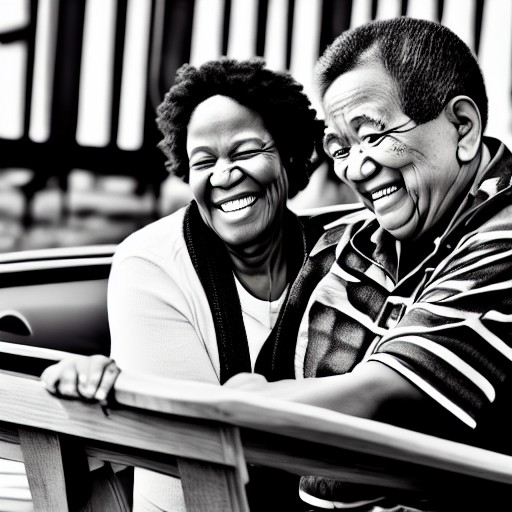Building Strong Family Relationships
Family is one of the most important parts of our lives, and building strong relationships with family members is crucial for our emotional well-being. Strong family relationships provide us with a sense of belonging and support, and they help us to navigate the challenges that life throws our way.

Communication is Key
The foundation of any strong relationship is communication. In order to build strong family relationships, it's important to communicate openly and honestly with each other. This means taking the time to listen to each other's concerns, sharing your own thoughts and feelings, and working together to find solutions to problems. Whether it's a small issue or a major conflict, open communication is essential for resolving conflicts and strengthening family bonds.

Make Time for Each Other
In our fast-paced world, it's easy to get caught up in our own busy schedules and neglect our relationships with family members. However, making time for each other is essential for building strong family relationships. This means setting aside regular time for family activities and outings, as well as taking the time to check in with each other on a daily basis. Whether it's a family dinner, a game night, or just a phone call to say hello, making time for each other is key to staying connected.

Show Appreciation
Another important aspect of building strong family relationships is showing appreciation for each other. This means acknowledging each other's accomplishments and successes, as well as expressing gratitude for the things that we often take for granted. Whether it's saying thank you for a kind gesture, or recognizing a family member's hard work, showing appreciation helps to strengthen our bonds and build a sense of mutual respect and admiration.

Respect Each Other's Differences
Every family member is unique, with their own individual strengths, weaknesses, and quirks. Respecting each other's differences is essential for building strong family relationships. This means accepting each other for who we are, rather than trying to change each other to fit our own expectations. It also means acknowledging that we may have different opinions and beliefs, and working to find common ground and respect each other's perspectives.
Conclusion
Building strong family relationships takes time, effort, and a commitment to open communication, mutual respect, and appreciation for each other. By following these guidelines, we can strengthen our bonds with family members and create a supportive and loving environment that helps us navigate life's ups and downs.